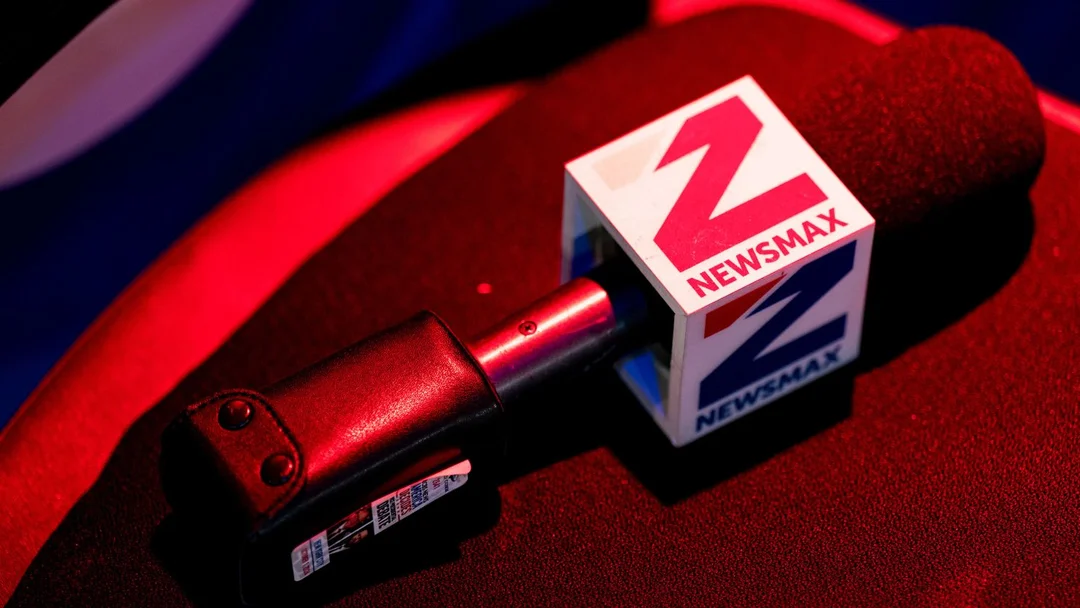
Judge Rules Newsmax Defamed Dominion With False 2020 Election Claims, Sparking Major Legal Battle
A Delaware judge has delivered a decisive pretrial ruling declaring that Newsmax, the conservative cable network, broadcast false and defamatory claims accusing Dominion Voting Systems of rigging the 2020 presidential election. This judgment revives memories of election misinformation’s sweeping reach while intensifying the looming courtroom showdown that could reshape the boundaries of media responsibility and free speech in America’s volatile political landscape.

Judge Eric M. Davis ruled that Newsmax “presents clear and convincing evidence” of having broadcast false claims that would unlawfully damage Dominion’s reputation. These falsehoods included baseless accusations that Dominion colluded with Democrats to manipulate millions of votes, shifted votes from Donald Trump to Joe Biden, and was linked to late Venezuelan dictator Hugo Chavez. Significantly, Davis noted Newsmax’s belated clarification in December 2020 disavowing fraud claims effectively acknowledged their falsity from the start.
The judge’s ruling echoes his earlier findings in Dominion’s defamation suit against Fox News, which culminated in a record $787.5 million settlement in 2023 on the eve of trial. Dominion now presses its $1.6 billion claim against Newsmax, with jury selection set for April 28. Jurors will decide whether Newsmax acted with “actual malice” – knowingly airing lies or displaying reckless disregard for the truth – and what damages if any Dominion deserves.

Newsmax, rapidly gaining influence among conservatives disillusioned with Fox, went public recently to much fanfare. Founder and CEO Christopher Ruddy even celebrated the stock debut alongside Rudy Giuliani on Wall Street, with Newsmax shares initially soaring over 1,000% before experiencing volatility. Yet this financial high could be at risk if Dominion prevails at trial or if a costly settlement like Fox’s emerges. Newsmax also faces payments related to a separate $40 million settlement with another voting technology firm, Smartmatic, over similar false claims.
The network insists it “covered both sides of the 2020 election dispute fairly,” denies defamation, and frames the lawsuit as a threat to press freedom. “Newsmax will defend itself vigorously at trial,” the company vowed, claiming that Dominion’s damages estimate is vastly inflated. Still, Judge Davis explicitly rejected arguments that these defamatory statements constituted protected opinion, firmly classing them as false assertions of fact.
Observers note Dominion’s legal victories could encourage more fact-driven accountability in political journalism — or spur media outlets toward caution bordering on self-censorship, wary of litigation risks. Behind the legal wrangling lie broader questions: where does protected dissent end, and where do intentionally misleading conspiracy theories begin? And how much financial penalty can deter misinformation without chilling free debate?
As Dominion’s case heads for a landmark trial, it tests not just Newsmax’s fortunes, but the boundaries of free speech versus reckless falsehood amid America’s polarized political climate. The outcome may well reverberate through future election cycles and across media outlets nationwide.
Will the court deliver a lesson that stops media misinformation? Or does this open new battles over press freedom limits? Share your thoughts on the controversy and media’s role in democracy in the comments below.